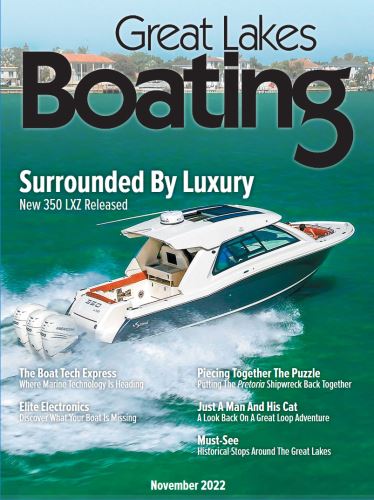
Ann Arbor, Mich. — Last Wednesday, the Great Lakes Commissions (GLC) awarded seven local organizations nearly $900,000 in grants to reduce the runoff of sediment, nutrients, and other pollutants into the Great Lakes.
The news comes as a relief to many, seeing as the runoff has economic and environmental impacts and contributes to the formation of harmful algal blooms and dead zones in the lakes.
The rewarded local organizations will use the grant funds to install long-term structural practices to limit sediment or nutrient runoff and implement programs to ensure nutrients are applied to agricultural land from the right source, in the right place, at the right time.
“Working with local partners to implement these conservation practices is critical to protecting water quality in the Great Lakes region,” chair of the GLC and commissioner of the Minnesota Pollution Control Agency John Linc Stine said, “This program enables communities to take specific, measured steps toward reducing the sediment and nutrient runoff affecting their local watersheds.”
The U.S. Department of Agriculture — Natural Resources Conservation Service (NRCS) provides funding for the Great Lakes Sediment and Nutrient Reduction Program under the Great Lakes Restoration Initiative (GLRI), a U.S. Environmental Protection Agency (U.S. EPA)-led initiative designed to accelerate efforts to protect and restore the Great Lakes.
Grants totaling $894,392 have been awarded to the following recipients:
Allegan Conservation District, Michigan
Blanchard River Watershed Partnership, Ohio
Erie County Soil and Water Conservation District, New York
Fulton Soil and Water Conservation District, Ohio
Village of Glencoe, Illinois
LaGrange County Soil and Water Conservation District, Indiana
Mequon Nature Preserve, Inc., Wisconsin
For More Information
www.glc.org

